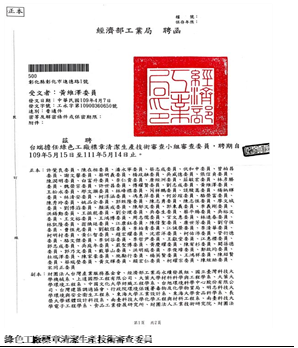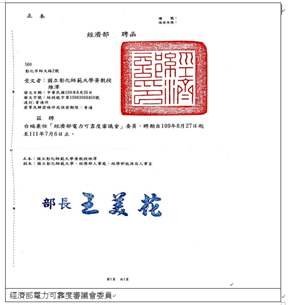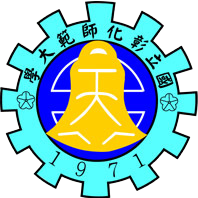SDG7.4.4 Policy development for clean energy technology
- NCUE actively engages with government regulation and standards on environmental protection, energy saving, and water conservation, and is committed to using clean energy and improving the efficiency of existing energy consumption. Specifically, the following measures have been adopted:
1.1 All new buildings have obtained the Green Building Certification by regulatory authorities.
1.2 The newly purchased split air-conditioners are in accordance with the latest environmental laws and regulations, that is, they are inverter air-conditioners (efficiency >5.1 kW/kWh) with a Level 1 cooling seasonal performance factor (CSPF) and auto-shutdown timers.
1.3 The light systems for new buildings and replacements for old buildings are all LED energy-saving (efficiency > 100lm/w).
1.4 All power transformers are amorphous metal type (core loss reduced by 80% compared to traditional iron core types).
1.5 All motors are high-efficiency (IE3 or above), and a soft-starter or frequency converter is installed on all motors that are either high-power or are used more frequently.
1.6 The light switches in all public areas have been changed to motion sensors or timers.
1.7 A 3000 kWp photovoltaic solar power system is expected to be installed on campus by end of 2022 in response to the government’s policy on promoting clean and green energy and zero carbon emissions.
1.8 NCUE is constructing additional megawatt energy storage systems to shift power consumption from peak to off-peak hours, promote the stability of the national power system, and increase the efficiency and stability of the campus’s power supply. - By building a megawatt-size energy storage pilot system and installing a photovoltaic system on the roof of each building,NCUE have effectively increased the development of our energy-saving technologies and clean energy use. NCUE have also become a model campus for green energy and provide the government with a successful experience that it can use as guidance when formulating policies related to clean energy and energy-saving technologies.
2.1 NCUE has already installed a megawatt energy storage system, a 100,000-watt energy storage system, electric bus V2G/G2V charging stations, and rooftop solar cells, which collectively demonstrate the commitment to green energy systems.
2.2 We have implemented the Ministry of Science and Technology’s ‘Field Research and Display of Multiple Microgrids in a High-concentration Photovoltaic Environment’ project. The aim is to realise a microgrid demonstration system consisting of renewable energy, energy storage systems, V2G/G2V, and demand response. The demonstration field can provide information and support for the formulation of related technical policies.
2.3 NCUE has also actively assisted the government in promoting energy policies, such as the implementation of the “Study on Optimizing the Long-term Operation Sequence of Feeder Switches” (2022, planned amount: $NT 950,000) proposed by the Institute of Nuclear Energy Research of Atomic Energy Council, Executive Yuan; “Research on the Optimal Operation of Integrated Battery Energy Storage Systems in Campus Microgrids” (2021-2022, planned amount: $NT 1.727 million) proposed by the Ministry of Science and Technology; and “Application for a Battery Energy Storage System for the Smoothing and Transfer of Net Load from a Photovoltaic Solar High-Penetration Microgrid” (2020-2022, planned amount: $NT 742,000). Additionally, NCUE professors also serve as members of the Review Committee for Power Reliability, Ministry of Economic Affairs, and Review Committee of Green Factory Label-Cleaner Production Technology.

Appointment to the Review Panel for Cleaner Production Technologies under the Green Factory Label

Appointment to the Electricity Reliability Council of the Ministry of Economic Affairs
Click Num:

